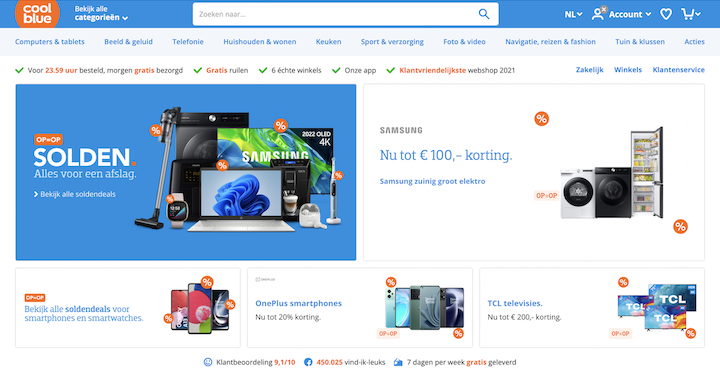|
Last week, I got home without remembering how I got there No, I wasn’t under the influence. Also, as far as I could tell, my brain was still quite functional. I blanked because I knew the road so well that I walked it on autopilot. All I remembered of my journey was the podcast I was listening to. And the cyclist who nearly ran me over. Scientists call this behaviour ‘automaticity’ The process in which you repeat a certain behaviour, task, or experience often enough that you can perform it without occupying your mind with the low-level details required. It’s a survival mechanism that makes us more efficient and effective When I first learned to drive, it seemed impossible to do the required seventeen things at once. However, now I don’t even think about them, so I free my mind for more important things. Like not hitting that dog. Or convincing my wife that the parking space I chose is equally good as the one she spotted (a purely hypothetical example, of course). For the brain, this is all about energy conservation. It likes to minimise its workload, so it gladly switches off any processes or attentional resources that are not absolutely required. So if it recognises a task or experience because we repeat it often enough, or because it’s easy, it simply reduces its response to the stimuli involved. Pays less attention to what happens. Gets less excited. Ignores what it ‘knows’ to be there. When dealing with customers, this can be really useful to know. Playing with automaticity is a great way to move that coveted customer effort score. Creating a standardised and ideally digitalised way for customers to achieve their goal, smoothly lets them move from one channel to the next. Allows them to complete their journey without further thought. Just like me getting home, without remembering. But it can also come at a price. It’s a price we all know very well from real-life relationships. As a couple, it can feel comforting and effortless to fall into a routine. To know what will happen next, and how your partner will react. Until the predictability becomes boring. Or someone feels taken for granted. When deeper needs are ignored. When one partner changes and the other sticks to the old script. At that point, the arms of another may suddenly seem inviting. The same applies to customer relationships. Just like in real life, relationship troubles start when customers stop noticing what is special about a brand. Or they feel the same old process takes them for granted, as they evolve as humans. That’s when they look for something new. By reducing customer effort, we can trigger this problem. The more we help customers operate on autopilot, the more we reduce their perceptiveness to all stimuli. Including the ones that make our experience special. And if customers evolve, while our process doesn’t, they may even start disliking what they used to love. It happened to me during the Covid period. For electronic purchases, I’ve switched from Amazon to Coolblue. Their purchase and checkout process is comparable to the US giant. But they added a dozen human and sometimes silly touches to the experience, which makes me smile. Which pulls me out of automatic mode. And even though these touches hardly cost them money, they have robbed Amazon of my highest-ticket purchases. Which is why I set myself a reminder. Whenever I am in a conversation about making a (digital) experience easier and more seamless, I need to remember automaticity. As a tool to smoothen the customer journey. But also as a risk factor that can make the brand I work on less remarkable. Just like I need to keep any human-to-human relationship fresh, I should always ask, How will I ensure the experience stays special? How will I avoid that automation and ease 'dull' the experience? How will I avoid today’s process becoming so rigid that it takes future customer needs for granted? The questions may be occasionally uncomfortable. Their frivolity may conflict with the desire of the business to make everything uniform and simple. Especially as customer voice programmes don’t complain that their relationship lacks ‘spark’. But they can make the difference between a long-term relationship and a forgettable fling. PS. You can already practise the pattern ‘today’. Do something nice and unexpected for your partner or a friend. See how varying the script affects their mood. And yours 😉. Are you ready to make a difference?
Then let’s have a virtual coffee ☕️. Let’s differentiate your business with an experience that enriches the lives of your customers, employees and shareholders. Even if we don’t do business, I’m sure we’ll have an interesting conversation. Leave a Reply. |
AuthorAlain Thys helps leaders in large organisations drive profit and growth through customer transformation. Archives
March 2024
Categories
All
|




 RSS Feed
RSS Feed

1/12/2023
0 Comments